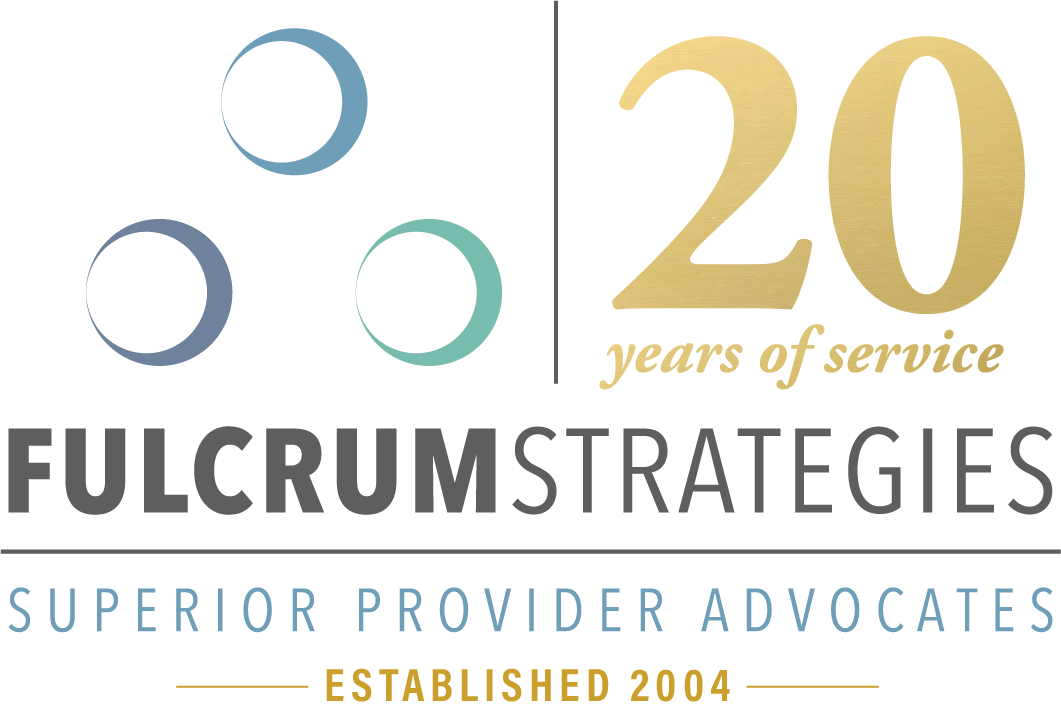NOW I’VE SEEN IT ALL. Healthy California Act Would Be Disastrous.
 Now I’ve seen it all. As a former health insurance executive who currently represents physicians across the U.S. in their dealings with managed care companies, I’ve spent a great deal of time watching healthcare reform activities at the federal level. While my attention has been focused on Washington D.C., the opposite coast has introduced something that I never thought I would see. The State of California has introduced Senate Bill 562, the Healthy California Act.
Now I’ve seen it all. As a former health insurance executive who currently represents physicians across the U.S. in their dealings with managed care companies, I’ve spent a great deal of time watching healthcare reform activities at the federal level. While my attention has been focused on Washington D.C., the opposite coast has introduced something that I never thought I would see. The State of California has introduced Senate Bill 562, the Healthy California Act.
This bill would provide free healthcare to all residents of California. Further, the bill would provide that free care to any resident, regardless of their immigration status. Oh, and did I mention no co-pay, no co-insurance, no form of cost sharing whatsoever? There would be no utilization management, no prior authorization requirement, and no insurance companies! That’s right, free insurance for everyone with no restrictions! It all sounds great, doesn’t it?
The obvious first question is: how do you pay for all of this? Here are the numbers: The projected cost of this program is $400 billion per year. Between current state and federal funding, California will only have to come up with about half that number – $200 billion. To put that into perspective, the projected 2017-2018 budget for the state of California is $180 billion. So, all they have to do is more than double the state budget and everyone gets free healthcare.
But don’t worry; paying for it should be easy. California only needs to add another 15% to the state income tax rate and they’re all good. Let’s put that into perspective. California already has the highest state income tax rate in the country with the top marginal rate of 13.5%. That means that with this new tax to pay for “free” healthcare, the top marginal rate in California would be 28.5%. Combine that with the top federal marginal rate and that means if you’re an upper income-earner in California you could easily find yourself paying a marginal tax rate of over 68%. Yes, that means that after about $400,000 per year you get to keep less than one third of the income you earn. Add to that California’s highest state sales tax of 7.5% and high property taxes, and you have a wonderful place to live.
Just for a moment, let’s assume that all the residents in higher income brackets don’t immediately flee the state if the bill passes, and take a look at what else could happen. First of all, with no restriction on what or how much care people can receive – and no cost to the patient for drugs or services – utilization rates could easily increase beyond anything we’ve ever seen. We could also see California become a vacation destination for medical services. Cancer diagnosis? Move to California. Need heart surgery? Move to California. Get the picture? None of those very likely eventualities were included in figuring the cost of the bill, either.
Next we should ask how hospitals and doctors would be paid. That’s where the bill gets even fuzzier; here’s what it says:
- Require payments to providers to be made on a fee-for-service basis unless other payment methodologies are developed by the Board;
- Require all payments to be reasonable and reasonably related to the cost of providing health care services and to ensure an adequate supply of services;
- Authorize integrated health care delivery systems to choose to be compensated on a capitated or non-capitated system budget;
- Require the Program to negotiate payment rates with providers’ representatives;
See, nothing to worry about. I’m sure the state will be fair when it comes to paying doctors and hospitals. They’re completely fair with the Medicaid fee schedules, aren’t they?
There are so many problems with this bill that it’s hard for me to pick a place to start. I don’t know whether to focus on how it would destroy what is left of the California economy or point out how this approach could produce healthcare costs beyond imagination. I could certainly point out how the state would be forced to reduce payment levels such that it would drive good providers out of the state and bankrupt many hospitals. I could write in great length about how difficult it would be to reverse something like this once it’s in place, or how this approach hasn’t worked for any country that’s tried it. You can see those train wrecks coming without any more help from me, though, so instead I’ll close with these final thoughts:
“The problem with socialism is eventually you run out of other people’s money.” – Margaret Thatcher
“Solving our healthcare problems by providing free healthcare to all is like trying to solve alcoholism with an open bar.” – Ron Howrigon
